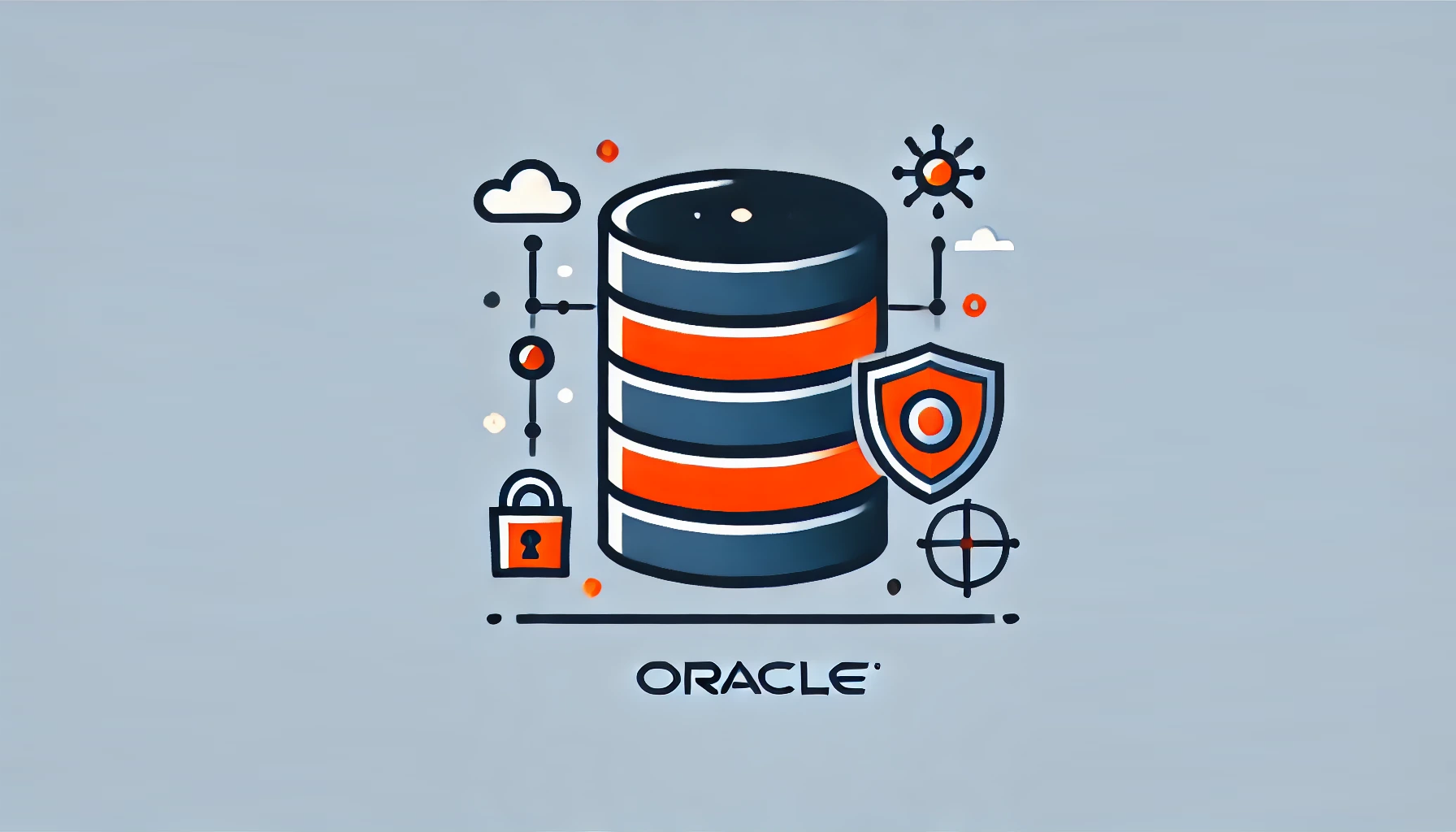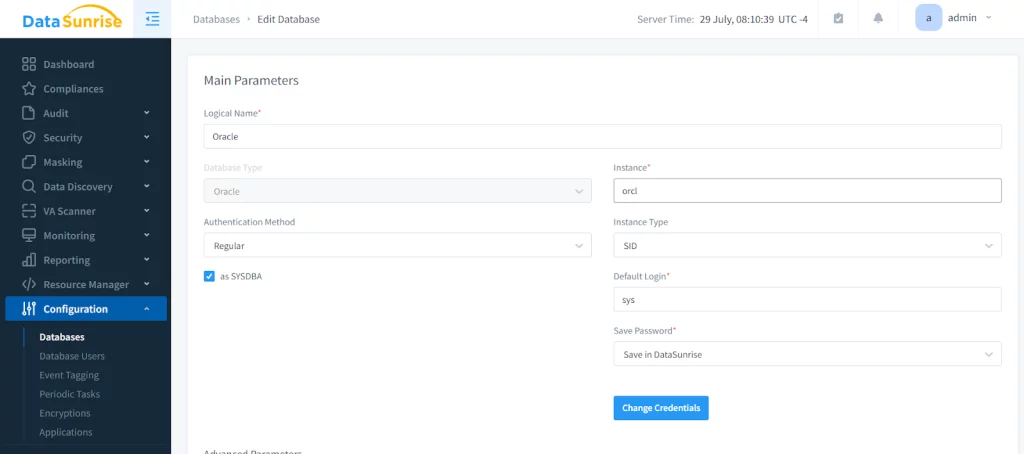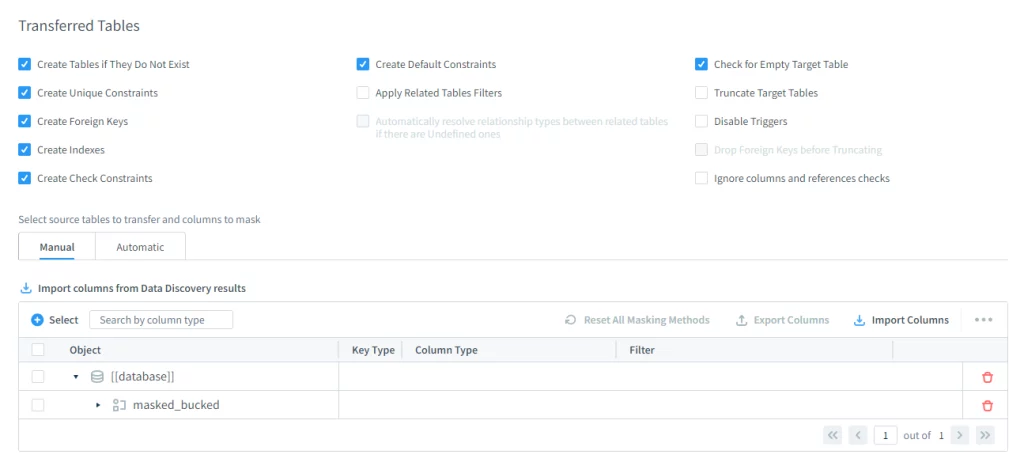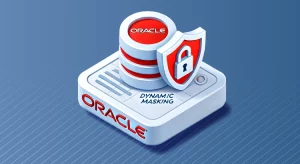
Ensuring Data Security with Static Data Masking in Oracle

Oracle databases form the backbone of countless organizations, storing vast amounts of sensitive information. As companies grapple with increasing data privacy concerns, they need robust solutions to protect confidential data without hindering operations. Static data masking is a powerful tool in the fight for data security. It allows for the creation of secure, non-sensitive copies of databases for non-production purposes.
Understanding Static Data Masking in Oracle
At its core, static data masking permanently alters sensitive information in Oracle databases. This process replaces real data with fictitious yet realistic-looking alternatives, creating a secure copy of the database. Static masking creates a permanent altered version of the database, unlike dynamic masking which changes data in real-time.
Static masking is a method used to protect confidential information from unauthorized access. People commonly use it during activities like software testing, training, or data analyzing. Organizations can protect sensitive information by using masked data, while still keeping their databases useful for various purposes.
The Static Masking Process
For data to be statically masked using DataSunrise, an instance of Oracle database must be configured.

Next, a static masking task must be created. First, select the source database and schema to be masked, then specify the target database. The target, obviously, must be the Oracle too. Before masking, all data in the target schema will be truncated, therefore a user must be careful before proceeding.

All that’s left is to configure the masking rules and run the task. This will create a fully functional dummy-storage will relations intact, but necessary data hidden.
Real-World Applications of Static Masking
To truly appreciate the power of static data masking in Oracle, let’s explore some practical examples. Consider a customer database containing names, email addresses, and credit card information.
After applying static masking, “John Smith” might become “Robert Johnson,” while his email “john.smith@company.com” transforms into “user123@example.com.” His credit card number “4111-2222-3333-4444” could change to “4111-5678-9012-3456,” preserving the card type indicator but randomizing the remaining digits.
These examples demonstrate how static masking creates realistic-looking data while thoroughly protecting sensitive information. The masked data retains the structure and characteristics of the original, allowing for effective testing and development. However, it no longer contains any actual customer information, significantly reducing the risk of data breaches or unauthorized access.
Benefits and Challenges of Oracle Static Data Masking
Implementing static data masking in Oracle environments offers numerous advantages. It dramatically enhances data security by eliminating the need to use real production data in non-production settings. This protection extends to both internal and external threats, reducing the risk of accidental exposure or malicious data theft.
Static masking also simplifies compliance with various privacy regulations. Organizations can comply with laws like GDPR or CCPA by making secure copies of databases. The flexibility of Oracle’s masking features allows for granular control, enabling companies to tailor their approach to specific regulatory needs.
However, implementing static data masking is not without its challenges. Masking large databases can take a lot of time and resources, which could slow down the system while masking is happening. Managing masking rules across complex data relationships requires careful planning to maintain data integrity and consistency.
Balancing the need for realistic data with complete removal of sensitive information presents another hurdle. Administrators must create masking rules for testing and development. These rules should generate useful data. They must also ensure that they do not expose any sensitive information.
Integrating Static Masking with Oracle’s Security Ecosystem
To create a comprehensive security strategy, organizations should consider integrating static data masking with other Oracle security features. Data encryption protects sensitive information in production environments, complementing the protection offered by masking in non-production settings. Robust access controls further restrict user permissions based on roles and responsibilities, adding another layer of defense.
Implementing thorough auditing measures allows companies to track database activities and detect potential security breaches. By combining these security layers, organizations can create a formidable defense against data threats across all environments.
The Future of Static Data Masking in Oracle
As data protection needs continue to evolve, Oracle is likely to enhance its static data masking capabilities. We may see the emergence of AI-driven masking algorithms capable of automatically identifying sensitive data and suggesting appropriate masking techniques. This could make it easier for organizations to create and update masking rules, helping them maintain effective data protection.
Seamless integration between on-premises and cloud databases will become increasingly important as organizations adopt hybrid infrastructures. In the future, Oracle’s masking tools may have easier ways to hide data as it moves between different environments.
Additionally, we could see the development of automated compliance checking features. These tools might verify masked data against specific regulatory requirements, ensuring that the masked copies meet all necessary privacy standards without manual intervention.
Conclusion
Static data masking in Oracle offers a powerful solution for protecting sensitive data in an increasingly complex security landscape. Companies can enhance their data security by adding this feature. They can also ensure compliance with regulations. Additionally, they can safely utilize real data for important non-production tasks.
Data privacy threats are becoming more advanced. Using static data masking is crucial to safeguard important information stored in Oracle databases. Its ability to create secure, usable copies of sensitive data positions it as a critical component of any comprehensive database security strategy.
To delve into the world of data security, we suggest to schedule a demo presentation of all the capabilities of DataSunrise software. Contact our team of experts and learn everything it has to offer now.
